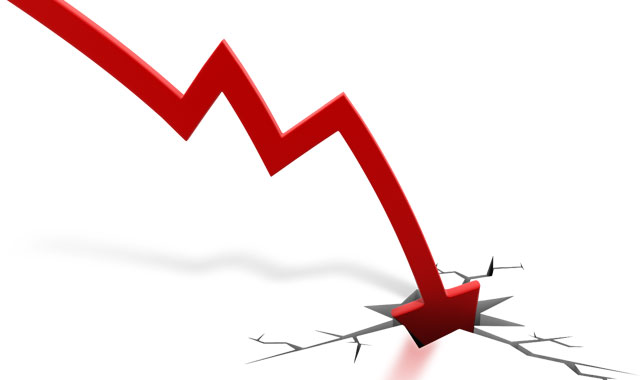
South African consumer confidence is on par with the lowest reading recorded during the 2008/2009 recession, according to the FNB/BER Consumer Confidence Index (CCI) on Thursday.
Having plunged from -4 index points in the first quarter of 2015 to a 14-and-a-half-year low of -15 in the second quarter, the CCI recovered to -5 in the third quarter, the index shows.
Most consumers believe South Africa’s economic prospects will deteriorate further over the next year and that it is not a good time to buy durable goods, the CCI indicated.
FNB chief economist Sizwe Nxedlana said in a statement that load shedding, drought, the depreciation in the rand and the tightening in fiscal policy created a “confluence of adverse developments” at the start of 2015.
He said xenophobic violence in April and massive petrol price hikes “served as the final nail in the coffin for consumers” in the second quarter, resulting in consumer confidence being at its lowest since 2000.
However, the drop in the petrol price and the respite in load shedding in the last three months has helped the CCI rebound, said Nxedlana.
He was surprised that high-income consumers are fairly optimistic about the outlook for their household finances. “One may have expected the increase in personal income tax rates, the recent hike in the prime interest rate and the slump in stock prices on the JSE to temper high income sentiment regarding their household finances,” he said.
Low income consumers edged up to -13 index points during the third quarter, while sentiment among lower-middle income consumers improved from an all-time low of -17 index points to -6.
Nxedlana said the strong CCI rebound suggests the second-quarter collapse might have been an overreaction, or a response to adverse developments that have since been resolved or improved. However, consumer confidence remains depressed, pointing to a low willingness to spend and utilise credit among households. Under these conditions, consumers tend to postpone their durable goods purchases and cut spending on discretionary items.
Consumers’ ability to spend will come under pressure towards the end of the year as the disinflationary impact of the lower rand oil price fades, food inflation accelerates and the full impact of higher personal income taxes manifests, he said.
The outlook for both job creation and credit growth in South Africa remains poor, while the South African Reserve Bank is expected to hike interest rates again over the next six months, said Nxedlana.
“Given that the growth in government employment and social grants expenditure is also set to moderate, real consumer spending may well slow further from its current pedestrian pace of 1.5% year-on-year over the next six to 12 months,” said Nxedlana. — Fin24




